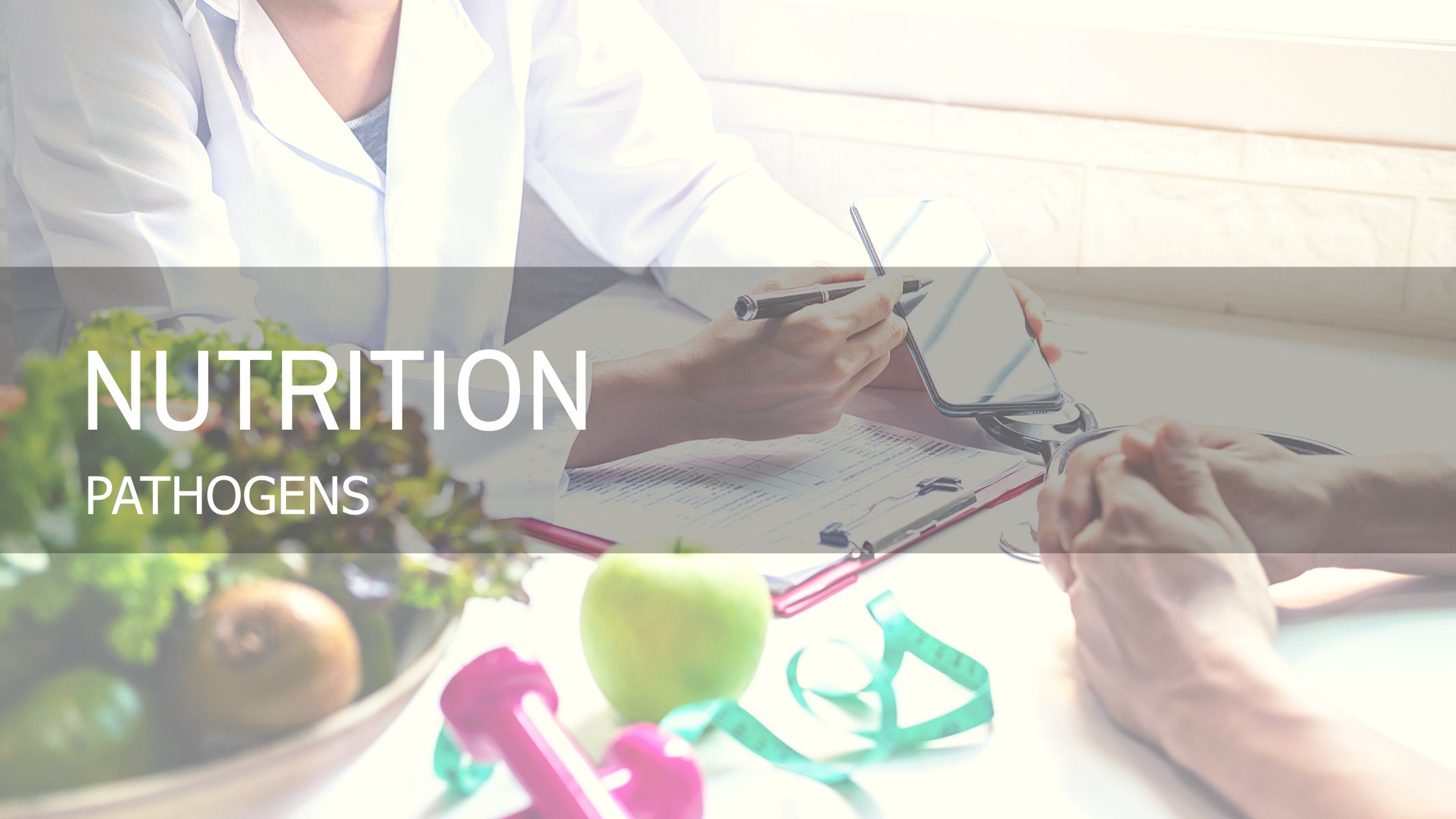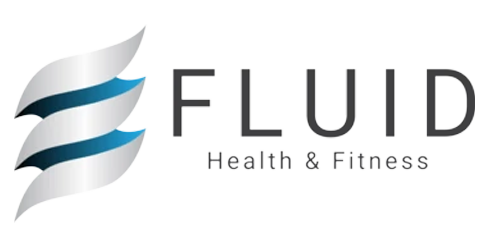
May 26 , 2021
0 Comments
Physical Contributors to Stress | Pathogens
Physical Contributors to Stress: Pathogens
With modern medicine viruses and other pathogens have not been as much of a concern, however that doesn’t mean that there aren’t still risks.
What is disease?:
Disease is defined as “a disorder of structure or function in a human, animal or plant, especially one that produces specific signs or symptoms or that affects a specific location and is not simply a direct result of physical injury”. A pathogen is a bacterium, virus or other microorganism that can cause disease. While every pathogen and disease is unique, there are common effects that can be seen in the body as a result. Inflammation is a response seen in the body resulting from any disease, illness, allergic reaction, pathogen invasion, autoimmune response, injury, etc. Although this response is natural and acutely is a good thing, chronic inflammation can cause damage to cells and organs. No matter the target of the disease/pathogen, it does not allow the body to function normally. Diseases/pathogens can affect an individual organ or even the entire body system.
Good vs. Bad Bacteria:
The body naturally contains trillions of microorganisms; they out-number cells by 10 to 1. These “healthy bacteria” play a vital role in the human body, including making up a large part of the immune system. Adequate populations of healthy bacteria help protect the body from other invasive microorganisms, in part by making sure there is not enough space or food available for other growth. Many of the healthy microorganisms also produce essential nutrients, like Vitamin K, as a biproduct. These essential nutrients help fortify the body and make sure it can function properly. Invasive bacteria/microorganisms have a better chance of taking hold in the body if the population of good bacteria and/or immune system have been compromised in some way.
Exposures:
Unless someone is living in a bubble, there is no way to make sure that a person is not encountering pathogens throughout the day. Certain professions, such as nurses, doctors, teachers and dental professionals, have greater chances of coming in contact with pathogens. However, it can happen to anyone and can happen nearly anywhere. The best thing to do is to take steps to protect the body and build up the immune system to better combat pathogens encountered throughout the day.
What Can Be Done?
Knowing the potential risk of exposure can help a person better protect themselves, whether it is limiting exposure to potential pathogens, building up immune system strength or even preparing other body systems to function optimally. The first step to protecting oneself from anything is to try to avoid or limit the exposure to it. Avoid sharing drinks, food or utensils with others, cover our mouth when coughing or sneezing, wash your hands multiple times throughout the day and try to avoid situations where you must be in close quarters with other who are sick. There will always be some situations where you cannot completely avoid exposure to certain pathogens. The best way to prepare for that is to make sure you have built a strong immune system that can fight against these invaders. As discussed above, make sure you are properly feeding the healthy bacteria in your digestive system. Vaccines are one of the best ways to prepare your body to fight off invading pathogens. In recent years there has been a lot of misinformation being promoted surrounding vaccines, however there is no credible evidence linking vaccines with autism or any other illness/disability. It is also important to ensure that you are getting enough of the nutrients that help support and build a strong and healthy immune system. Prepare your body the best you can to deal with invaders by consuming a balanced diet, participating in adequate amounts of physical activity, getting adequate sleep and managing stress in your life.
Goals
- Awareness:
- The first step is always to be aware of what pathogens you may encounter each day and how these can influence your body.
- Take a good look at your daily activities; note when and where you might be coming in contact with potential pathogens.
- Makes notes on ways that you can protect yourself from these potential pathogens.
- Protect your immune system:
- .Complete a food journal for 2-3 days.
- Note any foods that you might be consuming that have the potential to compromise your immune system.
- Try to start eliminating these foods from your daily diet.
- Build your immune system:
- .Review this article and make notes of different ways that you can help build up and strengthen your immune system.
- Pick 2 tasks per week to focus on that will contribute to the improvement of your immune system.



